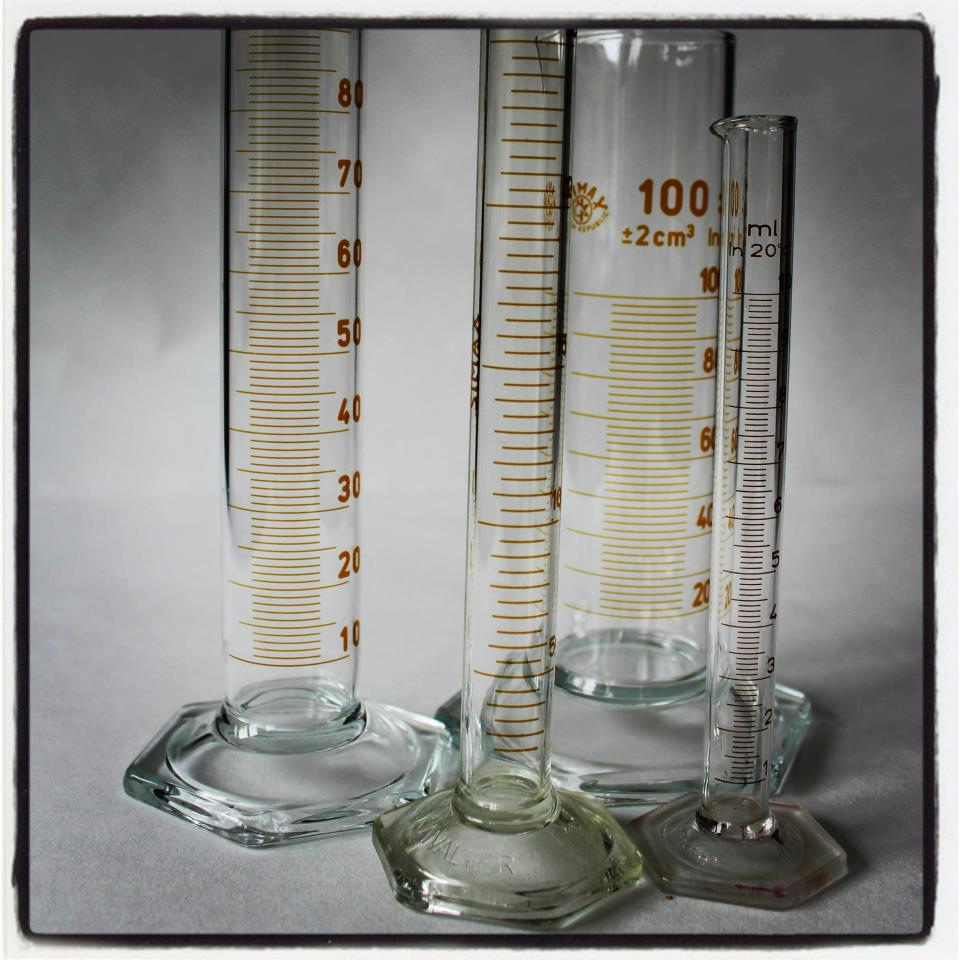 I remember a strange gadget advertised to foreign language students: glasses paired with earphones and a breath sensor. Well, today I’ll share three scientific methods with you. They’ve been proven to work, and will increase your effectiveness at language learning. Best thing about them? They’re dirt-cheap and feel real good.
I remember a strange gadget advertised to foreign language students: glasses paired with earphones and a breath sensor. Well, today I’ll share three scientific methods with you. They’ve been proven to work, and will increase your effectiveness at language learning. Best thing about them? They’re dirt-cheap and feel real good.
1. Go for a walk (or a run, or a swim, or a dance-off)…
This is not a joke – but you maybe knew that already. Short bursts of semi-intensive exercise just before learning can help your memory, focus and retention. There is the downside, and that’s connected with overdoing the physical stuff: when you’re worn out or too exhausted, you simply can’t process and function that well. So before your next language lesson, make sure to take a short brisk walk – and see how that helps.
2. Forget wine and coffee – drink water instead
Okay, this is not news I’m happy with. I’d much rather tell you how coffee helps focus, and how wine lowers your affective filter and makes you more fluent. But these studies have all been done and shared, and they’re a joy to read.
Here’s the less joyful part. Caffeine and alcohol are both diuretics: they make you lose water faster. And dehydration – even in its mild form – affects your mood and cognitive functions.
So when things just don’t make sense in any language, don’t reach for another cup of joe. Go and have a drink of water instead. It may not be what you want, but it’s likely to be just what you need.
3. Play some music (and sing)
English sounded so simple when I was a kid. All you needed was a Michael Jackson tape and a pretend-microphone. I could sing all the lyrics back then, and nobody cared whether they were the right lyrics or not.
And 20 years later, I find I still remember all the words and phrases I heard and “sang” – the same goes for the Beatles’ “White Album”! From an intuitive understanding to scientific background now: singing helps learn a language. It makes you more relaxed and more sensitive to the rhythm and melody of the phrases you learn (and words also become more memorable when paired with music).
4. Making it all work
The most obvious conclusion is this: load up a foreign language playlist, fill up your bottle of water and go jogging with your headphones on – confident that the science will do its job.
But even if you only decide to use one of these methods, and only some of the time – make sure you’re comfortable with it. Just because the science of learning a foreign language tells you that something tends to work, it doesn’t have to work for you in its pure form!
How would you combine the three methods above? Let me know in the comment section!
(Photo credit: Linda Pospisilova / eltpics, Creative Commons license)
Wiktor (Vic) Kostrzewski (MA, DELTA) is an author, translator, editor and project manage based in London. When he works, he thinks about languages, education, books, EdTech and teachers. When he doesn’t work, he probably trains for his next triathlon or drinks his next coffee.
BRAVE Learning (formerly known as 16 Kinds) is a lifelong learning and productivity blog. If you enjoy these posts, please check out one of my books and courses.
My recent publications, and my archive, is now all available on my new project: PUNK LEARNING. Hope to see you there!

